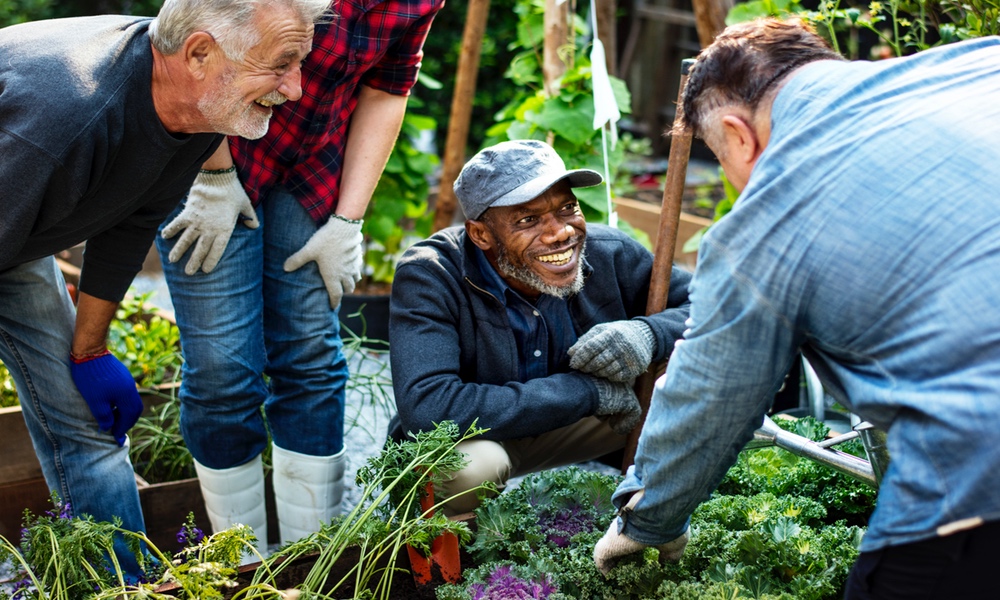Loneliness, the emotional distress that people feel when they think their social lives are inadequate, is often associated with physical and psychological symptoms. That’s why when older people complain of aches and pains, anxiety, depression or difficulty sleeping, they may also be saying they are lonely. But, unfortunately, these symptoms can put them at risk for the overuse of medications such as NSAIDs, benzodiazepines, sleep aids and antidepressants.
Researchers from the University of California, San Francisco decided to take a closer look at the association between loneliness in older adults and the use of these high-risk medications. A better understanding of this association, their thinking went, could mean that strategies for dealing with loneliness in older patients could offer a safer, non-pharmacologic way of treating some of their physical ailments. They decided to examine seniors’ social lives in a clinical setting.
“Our goal was to demonstrate a connection between loneliness and medications, so we might justify thinking about social interventions to address these symptoms, rather than going directly to these medications,” Ashwin Kotwal, lead author on the study, told TheDoctor.When older people complain of aches and pains, anxiety, depression or difficulty sleeping, they may also be saying they are lonely.
Even if solutions can’t be readily identified, just providing a space to discuss loneliness can be therapeutic; and patients like the opportunity to think through strategies to reduce their symptoms without medications. “People appreciate that clinicians care about how they are feeling, and are willing to take time and talk through that with them,” Kotwal, an assistant professor of geriatrics at the University of California, San Francisco and the San Francisco Veterans Affairs Medical Center, said. “If we can find a social intervention to address people’s need for companionship, and potentially prevent the loneliness driving their psychological and physical symptoms, we might avoid prescribing potentially harmful medications or find ways to unprescribe them.”
Data from about 6,000 respondents to the National Social Life, Health, and Aging Project (NSHAP) were analyzed for the study. The NSHAP is a nationally representative survey of adults over 65 who are living in their communities. The average age of respondents was 73, and 54 percent were women.
Study participants were asked to bring all medications they use regularly to their interview. The medications were compared to a list of potentially inappropriate medications for older adults compiled by the American Geriatrics Society.The lonelier a senior felt, the more likely he or she was to report pain, insomnia, depression and anxiety and to take anti-anxiety medications, antidepressants and sleep aids.
Social interventions could actually make a difference in relieving other symptoms older adults may have, and future research could begin to pinpoint the types of social programs that work best. For example, Kotwal recommends older adults join exercise classes for their cardiovascular health, and because they also give people a sense of belonging in a community or group. This sense of belonging can reduce rates of depression and anxiety.
The study is published in JAMA Internal Medicine.





